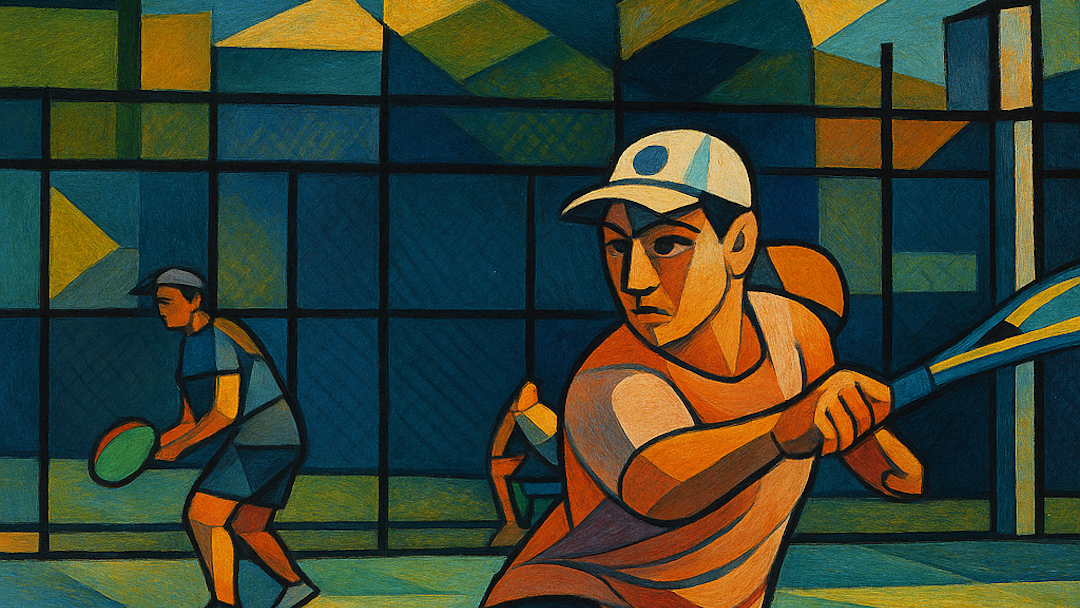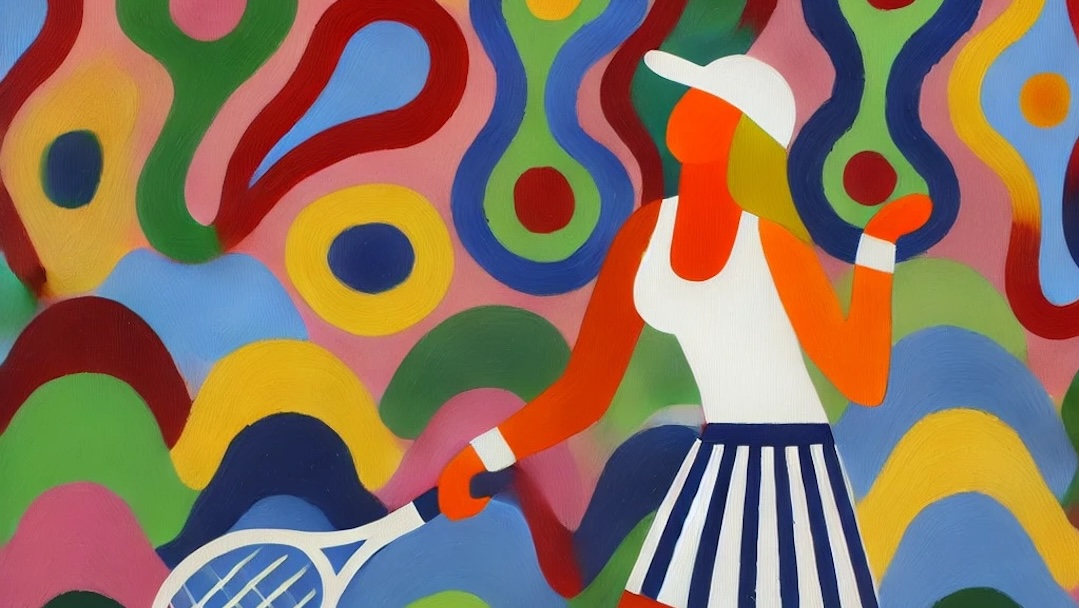Tennis Hits the Books
I own a lot of books about how to play tennis doubles. In a confession that will not surprise anyone who has ever played doubles with me, until this week… I had yet to read any of them from cover to cover. That just changed. Yesterday I finished reading The Art of Doubles: Winning Tennis Strategies & Drills by Pat Blaskower. This book led me to the revelation that I have essentially never drilled specifically for doubles. It blows my mind.
To be honest, I was gearing up to dislike the book. Blaskower leads with her resume – which includes taking USTA League teams to District, Sectional, and National level post season play. In my experience, taking a team deep into post season play has more to do with NTRP ratings manipulation than strategic skill on the court. Blaskower had dug herself out of that initial hole by the time I arrived at the chapter “Choosing the Better Arena to Showcase Your Team’s Skills.” That chapter clearly illustrates that Blaskower understands the inherent superiority of tournament play over leagues.
The Art of Doubles delivers a very detailed explanation of the principles of “staggered” positioning with both players positioned at the net. That formation is all the rage in on tennis discussion boards at the moment. In fact, it was about the time that the second edition of The Art of Doubles was published that discussion of staggered net positioning exploded on the internet. Blaskower does not claim to have invented the strategy, but there is a very real possibility that she was the first to clearly articulate the principles in her book. I am on the lookout for earlier credible sources.
At the same time, there are some claims made in the book that are completely contrary to the way I was taught to play doubles. Some of those assertions make intuitive sense when considered in the context of the modern game. Others… it may take a while for me to fully come around to embracing. For example, it is stated that the two handed backhand is superfluous in doubles. For someone raised on the mantra that the only way to play tennis was like Chris Evert… that is blasphemy.
Blaskower also introduces the idea of an “ugly volley” which is used to mitigate the play of perpetual “lob queens.” The ugly volley is intentionally played with some loft, contrary to the idea that a good volley is low and crisp. I was astonished to discover that there is an ugly shot that somehow isn’t already intentionally in my arsenal. I will be experimenting with that one to be sure.
The absolute best part of the book was the chapter on drills that included specific information on where to target the ball in various scenarios. It prompted the realization that I have never had a practice session with four players where we worked on specific tactical point play. I feel like that is a pretty glaring oversight in my personal training.
After completing my read of The Art of Doubles I am kicking myself for not picking it up for the cover to cover reading any sooner. In fact, the information presented in it was so illuminating and completely foreign to me, that I will have to refer back to it periodically until I have fully mastered the concepts. As of right now, The Art of Doubles is ranked #1 on my doubles books ranking list. Of course, next week I will be diving into another book on the same topic so it’s likely to be a dynamic situation.
Fiend At Court participates in the amazon associates program and receives a paid commission on any purchases made via the links in this article. Additional details on the disposition of proceeds from this source are available in the “About Fiend at Court” page.





This was the first “tennis instruction” book I ever read, and I found it incredibly helpful/useful. Lots of diagrams and “real-world” advice, all centered specifically around doubles. Some big doses of honest truths about doubles partnerships are also good nuggets to absorb.